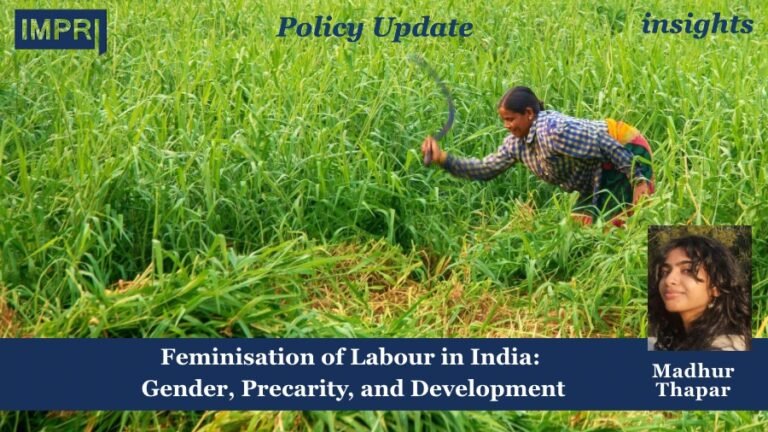Amrut Hondappagol
When we think about gender-based violence (GBV), the conversation often revolves around
women. However, men also experience GBV in various forms, including domestic abuse,
sexual violence, and emotional manipulation. Despite its existence, male victims often remain
in the shadows due to societal stigma, cultural norms, and legal biases. This blog sheds light
on this overlooked issue, exploring the impact of GBV on men’s physical and mental wellbeing
and why society must recognize and address it.
Understanding Gender-Based Violence Against Men
Men face GBV in multiple ways, such as physical abuse, psychological aggression, sexual
assault, and economic control. The misconception that men are always the aggressors and never the victims contribute to the silence surrounding their experiences. From intimate relationships to workplace harassment and even institutional abuse, men are subjected to violence that can leave lasting scars, both physically and emotionally.
The Physical Toll of GBV on Men
Violence against men can lead to serious physical injuries, including fractures, bruises, and
internal trauma. Sexual violence can also result in severe health complications, such as sexually transmitted infections, reproductive health issues, and long-term physical pain. Due to stigma and fear of disbelief, many male victims avoid seeking medical help, worsening their
conditions over time.
About Mental and Emotional Consequences
The psychological impact of GBV on men is profound. Victims often suffer from trouble
sleeping, anxiety, depression, post-traumatic stress disorder (PTSD), to substance use to cope,
to post-traumatic stress and suicidal thoughts. The societal expectation for men to be “strong”
discourages them from speaking out or seeking mental health support, leading to emotional
isolation and worsening mental health conditions. Many survivors struggle with trust issues,
low self-esteem, and difficulties in forming healthy relationships due to the trauma they have
endured. Emotional suppression, often encouraged by traditional notions of masculinity, further exacerbates mental health challenges, delaying recovery and healing.
Why Men Don’t Open Up
One of the biggest challenges in addressing GBV against men is the lack of awareness and the
deep-seated stigma associated with male victimhood. Many men fear they will be mocked,
disbelieved, or even blamed if they disclose their experiences. Additionally, legal systems
across the world focus primarily on female victims, often failing to provide adequate protection
and support for male survivors.
The Way Forward: Breaking the Silence
To effectively address GBV against men, a multifaceted approach is required:
- Raise Awareness: Initiatives must educate the public on the realities of male
victimization while challenging harmful stereotypes that perpetuate silence. - Create Safe Spaces: Establishing targeted support frameworks, including dedicated
helplines, shelters, and therapeutic interventions for male victims, is essential. - Legal Reforms: Advocacy for gender-inclusive policies is needed to ensure that men
possess equal access to protective measures and justice systems. - Encourage Open Discourse: Promoting destigmatized conversations around male
victimhood is critical to fostering an environment where men can seek help without fear
of denunciation.
Conclusion
The reality of gender-based violence against men is significant, with profound implications for
both physical and mental health. Dismissing the experiences of male victims perpetuates a
harmful cycle of silence and suffering. Societal acknowledgment of GBV as an issue that
transcends gender is imperative. By dismantling barriers to support and implementing inclusive solutions, we can cultivate a societal framework where all victims of violence are heard, validated, and protected. Breaking the silence begins with confronting uncomfortable truths. It is imperative that we unite against all forms of gender-based violence and strive for a more empathetic, equitable.
About the Contributor: Amrut Hondappagol is a fellow at Ending Gender-based Violence Fellowship (EGBVF) at IMPRI. He completed his Master in Public Health and currently persuing Ph.D. in Epidemiology. He also working as a Assistant Professor in the Department of Public Health, Yenepoya (Deemed to be University).
Acknowledgement: The author sincerely thanks Ms. Aasthaba Jadeja and the IMPRI fellows for their valuable contributions.
Disclaimer: All views expressed in the article belong solely to the author and not necessarily to the organisation.
Read more at IMPRI



